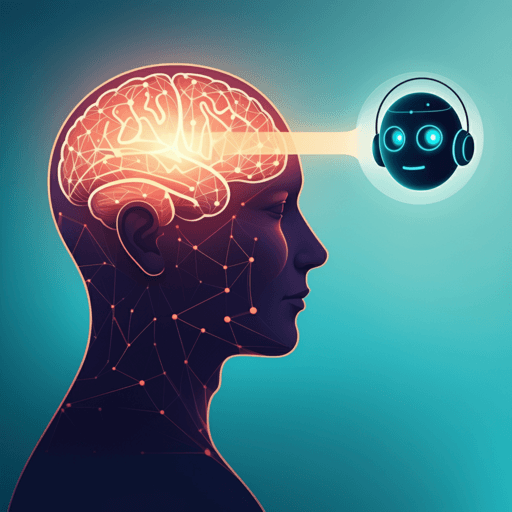
Medicine and Health
Systematic review and meta-analysis of AI-based conversational agents for promoting mental health and well-being
H. Li, R. Zhang, et al.
This systematic review and meta-analysis by Han Li, Renwen Zhang, Yi-Chieh Lee, Robert E. Kraut, and David C. Mohr finds AI-based conversational agents can significantly reduce symptoms of depression and distress—especially when multimodal, generative, and integrated with mobile messaging—while overall psychological well-being showed no significant change, pointing to the need for research on mechanisms, long-term effects, and safe LLM integration.
Related Publications
Explore these studies to deepen your understanding of the subject.







